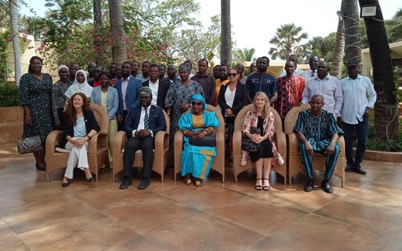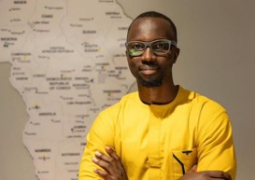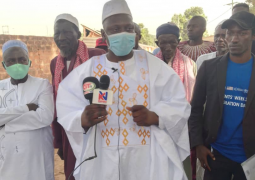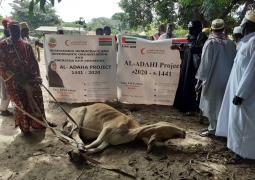
She noted that integrating solar technologies in the agri-food value chains can greatly improve the productivity of the agricultural sector thereby increasing the income levels of farmers resulting to improved livelihoods.
PS Njie-Joof made the remarks at the opening of a national stakeholders’ consultative forum on the conduct of the baseline study for the promotion of clean cooking solutions and solar technologies in the productive sectors in The Gambia. The forum was held at Bakadaji Hotel on Wednesday.
The ECOWAS Center for Renewable Energy and Energy for Efficiency (ECREEE) with support from the Spanish Agency for International Development Cooperation (AECID) and in collaboration with the Ministry of Petroleum and Energy is implementing a regional project entitled “Water and Energy for Increased Food Security and Socio-Economic Development. Promoting Clean Cooking Solutions and Solar Technologies.”
The project covers The Gambia, Guinea Bissau and Cabo Verde among others with the aim of empowering people to participate in the socio-economic development of local communities through the development of productive activities supported by sustainable energy solutions.
She revealed that the forum would provide the platform for the consultant(s) to present the draft baseline study and an opportunity for stakeholders to critically review the document and provide valuable suggestions and feedback that would improve the final document.
She added that participants would also have the opportunity to review and validate the data collection methodology and the Competitiveness Appraisal Matrix (CAM) as well as participate in the selection and validation of 4 value chains targeting two communities in The Gambia.
Also, she said energy and food systems are deeply connected with about 30% of the world’s energy being consumed in agri-food systems.
Madam Njie-Joof added that both systems need to be transformed through technological innovations to meet the current and future growing demand for food and energy in equitable, inclusive and environmentally sustainable manners.
Read Other Articles In National News

‘ONESIGHT delivers quality eye-care to 34 million people in Africa’
Oct 11, 2024, 11:05 AM



